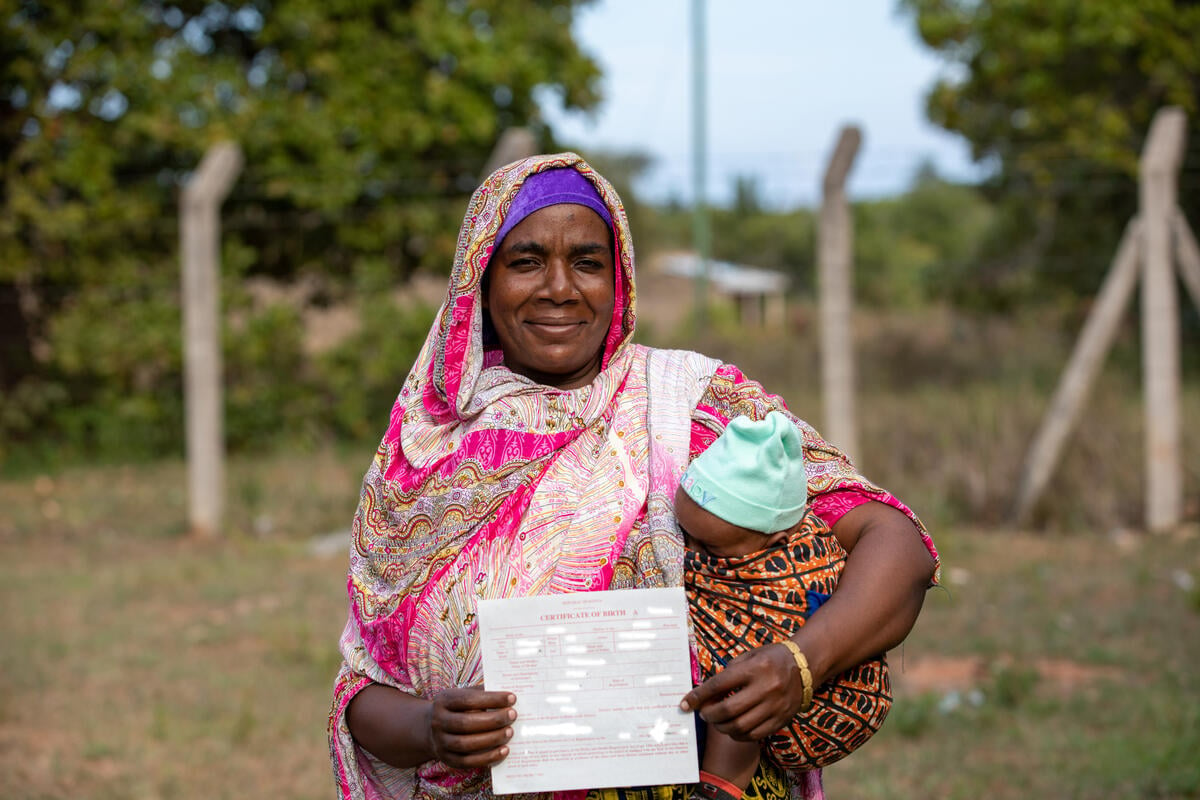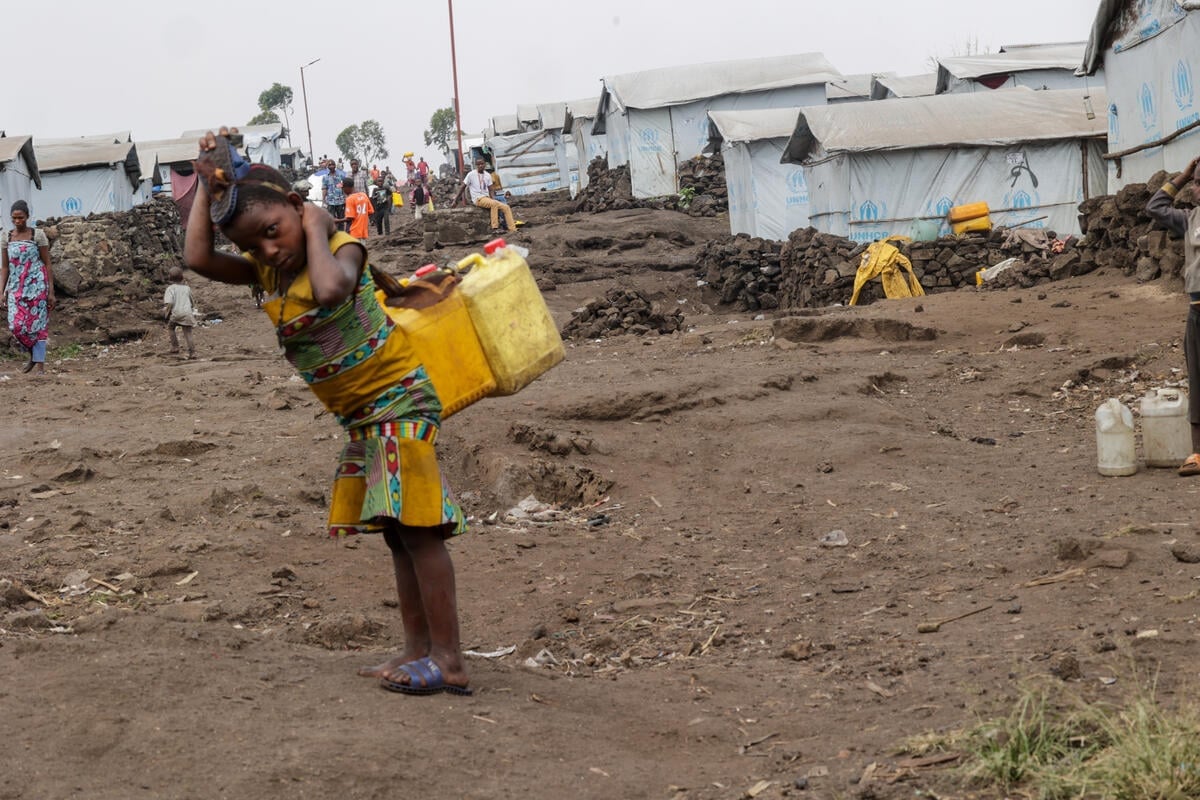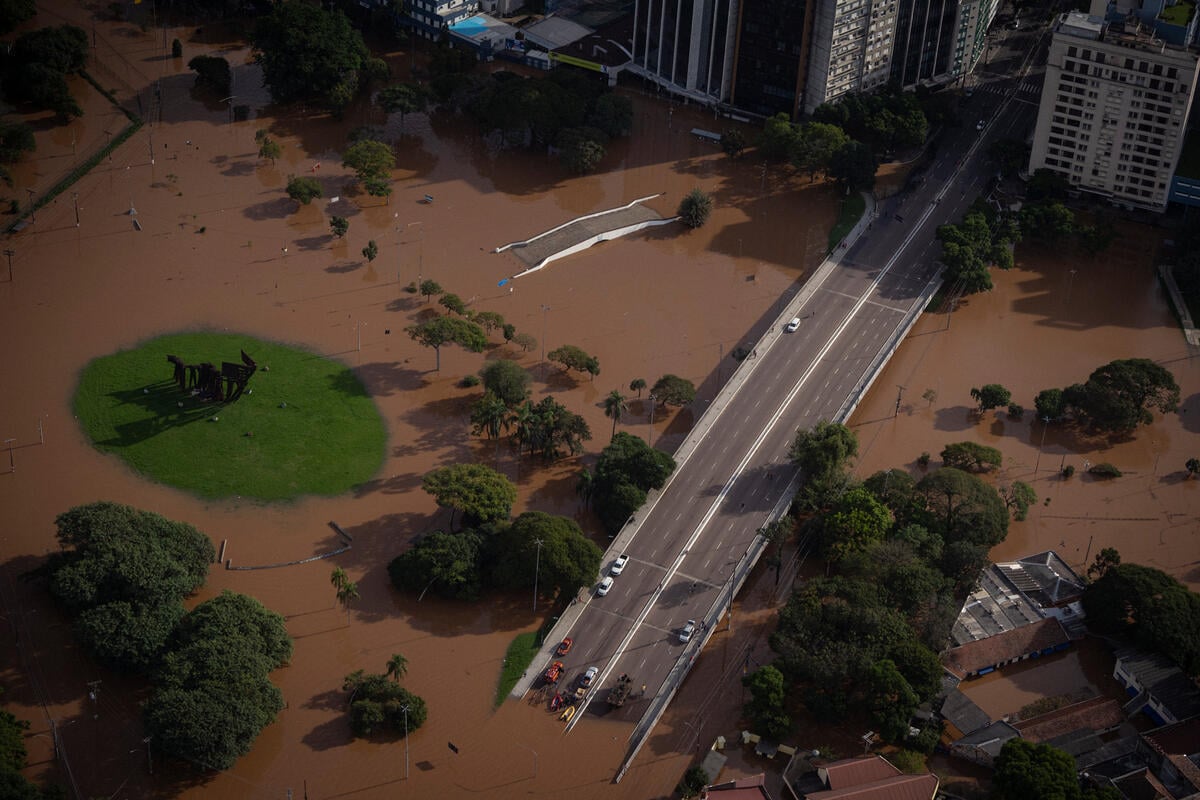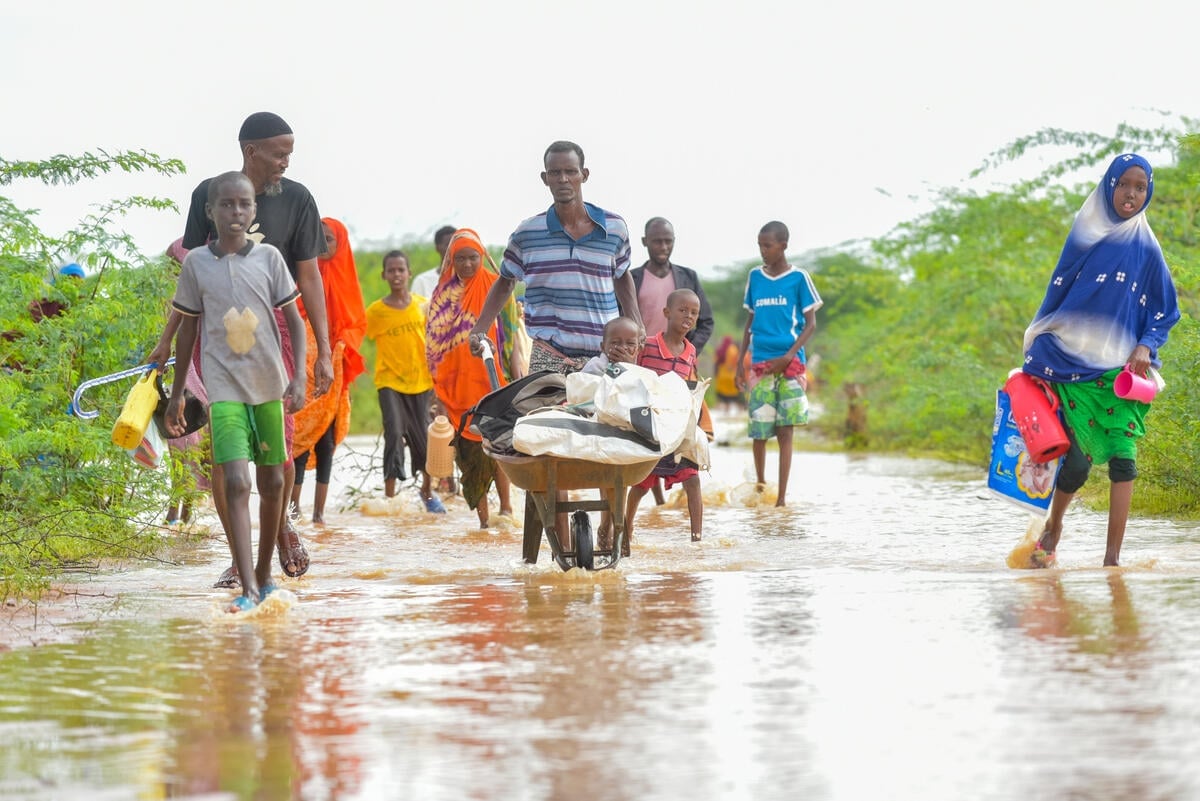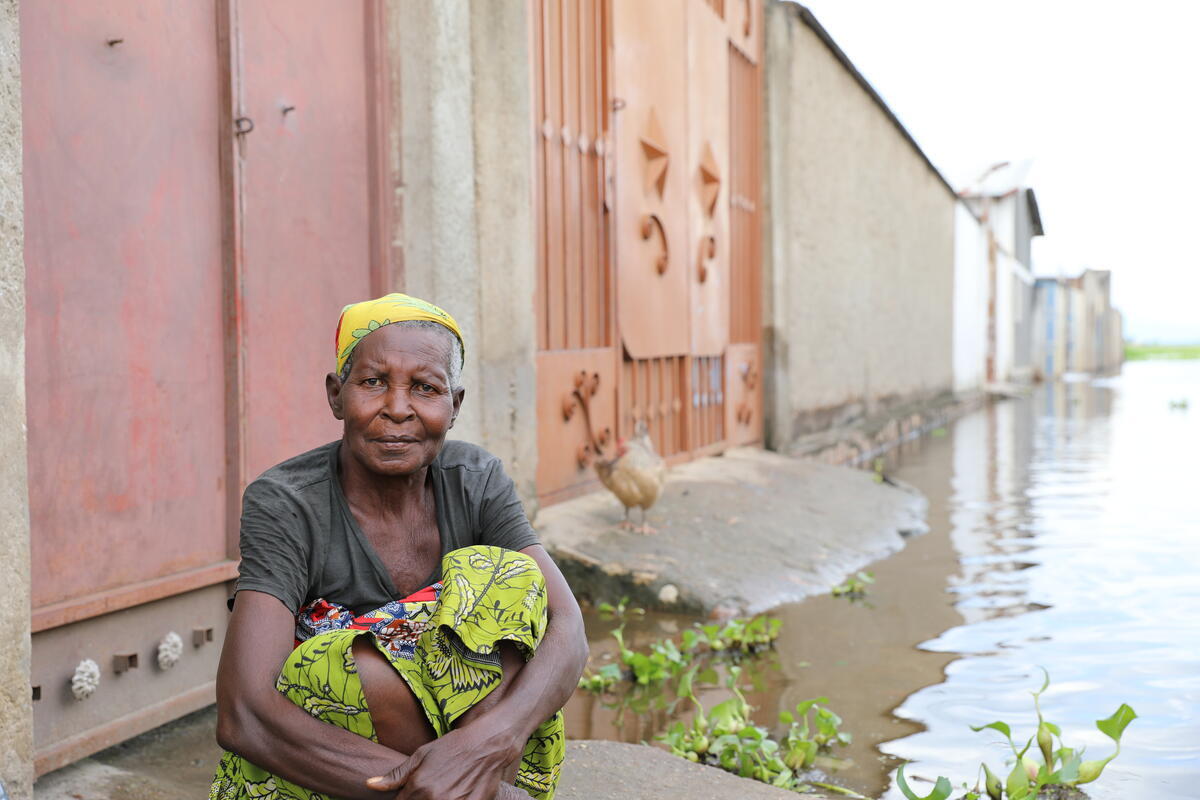Burundi: concerns over intimidation of Rwandan asylum seekers
Burundi: concerns over intimidation of Rwandan asylum seekers
UNHCR is extremely concerned at reports from some Rwandan asylum seekers in Burundi that indicate physical and verbal intimidation are being used to force them to go home.
Asylum seekers at the Ntega site in the north-eastern province of Kirundo told our staff that the Burundian military broke into their shelters on Wednesday evening and beat them with batons. The soldiers also told the asylum seekers they would be beaten again unless they had left the site by the end of the next day.
When our staff arrived at the site the following morning, only a few hundred of the 1,500 asylum seekers who had been staying at Ntega were still around. Most were packing their belongings. In the next few hours, our staff saw two pickups and three trucks leave the site for Rwanda, carrying approximately 250-300 people. Many other asylum seekers left on foot. Only two families remained on site by the end of the afternoon.
Our office in Bujumbura contacted the Burundian authorities immediately upon receipt of this report. UNHCR had previously welcomed assurances given by the Burundian authorities after a meeting on April 27 that the fundamental principle of non-refoulement will be respected, as well as the voluntary aspect of repatriation. UNHCR has also asked for ONUB (UN peacekeepers in Burundi) forces to be present at the sites in the border area.
Four of the seven temporary sites where Rwandan asylum seekers had been staying since early April are now empty. Some of the asylum seekers are leaving on trucks sent by the Rwandan government to take them back home, but most of them are leaving on foot. UNHCR is not organising these departures, and is often not present when the asylum seekers are leaving the sites. UN staff in Burundi are subject to a curfew between the hours of 4pm and 9am; most of the departures appear to be taking place during these hours.
It is difficult to know exactly how many of the 7,000 Rwandans who arrived in Burundi since early April have left. We cannot confirm that everyone who left has gone back to Rwanda. Some of the people who departed the sites are thought to be hiding in neighbouring areas.
Burundian and Rwandan authorities are currently running an information campaign that they said was aimed at encouraging the Rwandans to return home. The campaign was to have ended Thursday but authorities said they were going to extend it for another week. UNHCR staff were attending as many of these meetings with the asylum seekers as possible, taking into account curfew restrictions.
The asylum seekers say they fled to Burundi because of fears over the "gacaca" tribunals looking into the Rwandan genocide, but also citing threats and rumours of massacres and revenge attacks as reasons for leaving their country. The new arrivals have been living in makeshift conditions along the border since early April. In mid-April, UNHCR transferred some 1,800 of them to two transit centres further inland in Burundi. However, all transfers were halted on April 23 following a decision by Burundi authorities.


